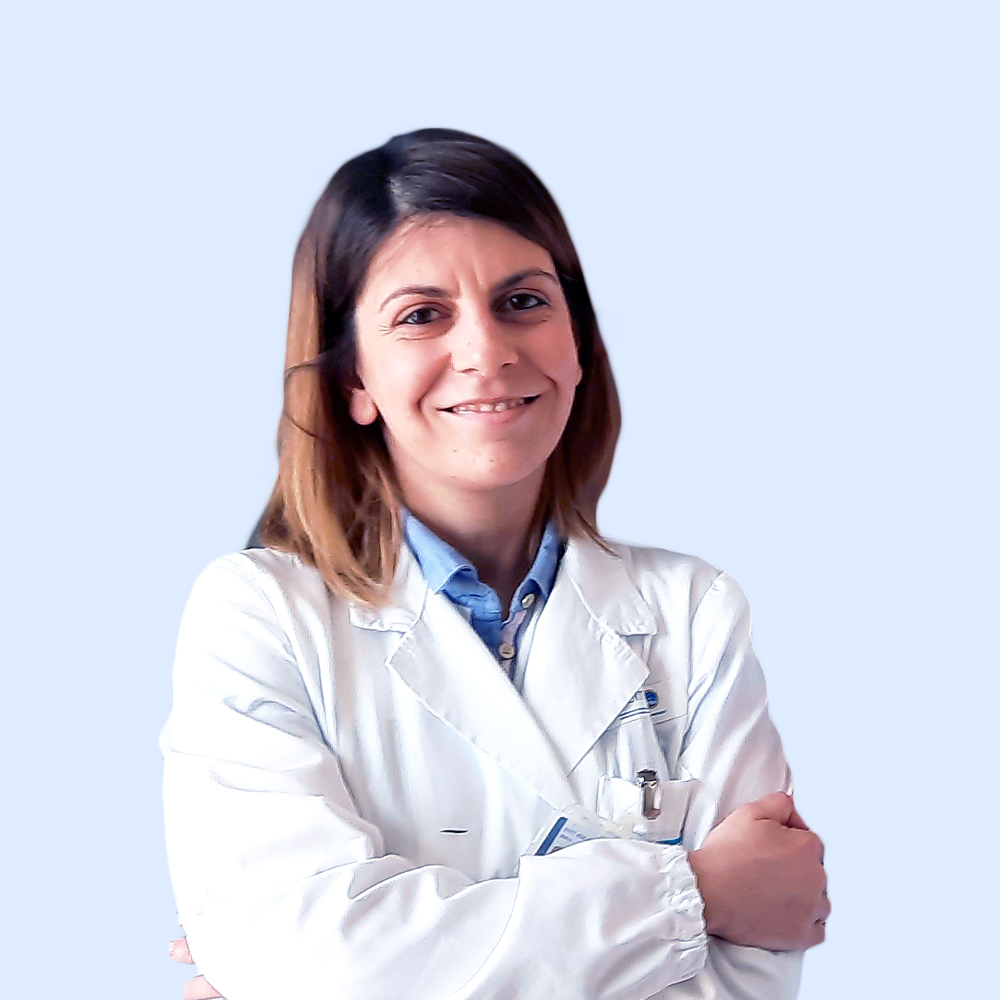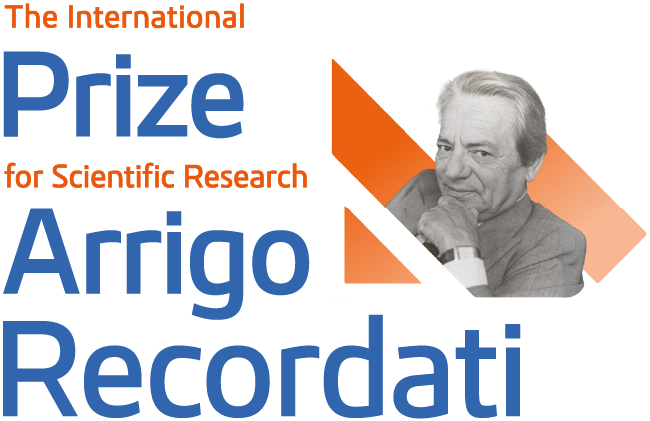past editions
Meet our past winners
Apply until
January 31, 2026
2024 edition
Adam D. Durbin, M.D., PhD

Winner
Adam D. Durbin, M.D., PhD.
Research Area
Paediatric Oncology, Neuroblastoma
Affiliation
St. Jude Children’s Research Hospital, Memphis, Tennessee, USA.
Winning Project
Targeting EP300/CBP Control of Chemoresistance in Neuroblastoma.
Description
For his outstanding research project which aims to provide new potential therapeutic strategies for children with neuroblastoma. The 2024 edition was dedicated to the promotion and recognition of excellence in research on paediatric oncology, specifically neuroblastoma. At the 5th Annual Meeting of the European Society for Paediatric Oncology (SIOPE) held in Milan, the 11th edition of the International Prize for Scientific Research Arrigo Recordati was awarded to Dr. Adam Durbin, M.D., PhD., from St. Jude Children’s Research Hospital in Memphis, US. The Prize recognises his work in providing new potential therapeutic strategies for children with neuroblastoma.
The Arrigo Recordati Prize has been crucial to allow us to advance our work in developing new strategies to control high-risk neuroblastoma. We believe that our work has identified a new understanding of this disease, and that it will form the basis for many future discoveries in this field. In such a way, we hope our work is able to drive meaningful change, to enhance the survival of children with this disease. We are grateful to the Arrigo Recordati Foundation for providing these important funds to propel our work faster, to bring new discoveries in this disease forward, with a goal of eradicating this disease.
Dr. Adam Durbin
2022 edition
Sabrina Chiloiro, M.D, PhD

Winner
Sabrina Chiloiro, M.D, PhD.
Research Area
Endocrinology, Pituitary Disorders
Affiliation
Catholic University of the Sacred Heart, Rome, Italy.
Winning Project
The role of the tumor immune microenvironment (TIME) in the prognosis and in the personalized target therapy of acromegaly: the ACRO-TIME study.
Description
For her innovative research project which aims to identify new biomarkers for the development of a targeted and personalized therapy of acromegaly.
It was a great honor for me to have received this prestigious award . I want to thank the organizers for the opportunity for young investigators to participate in the application for this research grant and for their support in the field of rare diseases.
Dr. Sabrina Chiloiro
2019 edition
Alberto Auricchio, M.D.

Winner
Alberto Auricchio, M.D.
Research Area
Rare/Orphan Disease Treatments
Affiliation
Telethon Institute of Genetics and Medicine (TIGEM), Naples, Italy.
Winning Project
Gene therapy of Stargardt disease with AAV intein vectors.
Description
The Prize was awarded to Professor Alberto Auricchio, Coordinator of the Molecular Therapy Program at TIGEM and Professor of Medical Genetics at «Federico II» University of Naples, on September 4 during the SSIEM Congress in Rotterdam. His project was dedicated to research on gene therapy for Stargardt disease—the most common inherited macular degeneration in humans—using AAV intein vectors. This research aims to potentially reduce the impact of this severe rare disease and provide needed therapies.
The research grant from the Arrigo Recordati Prize has been instrumental in advancing our research focused on providing new potential therapeutic strategies for patients with inherited blindness and bringing us closer to developing new treatments for this rare diseases. The financial support has truly been a game-changer for our project.
Dr. alberto auricchio
